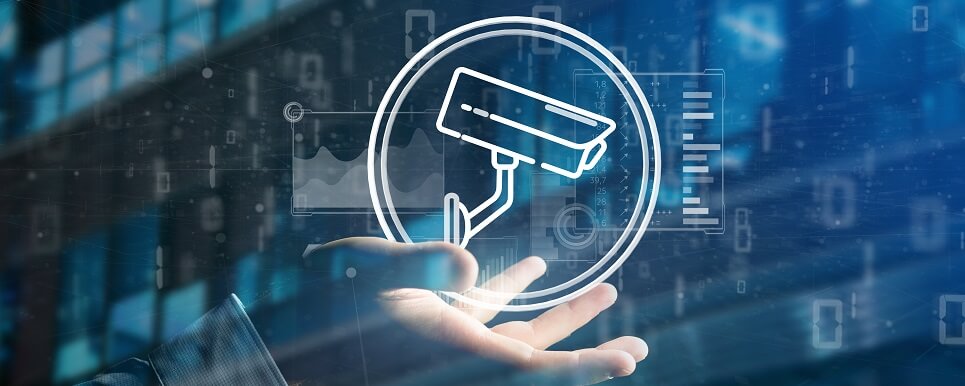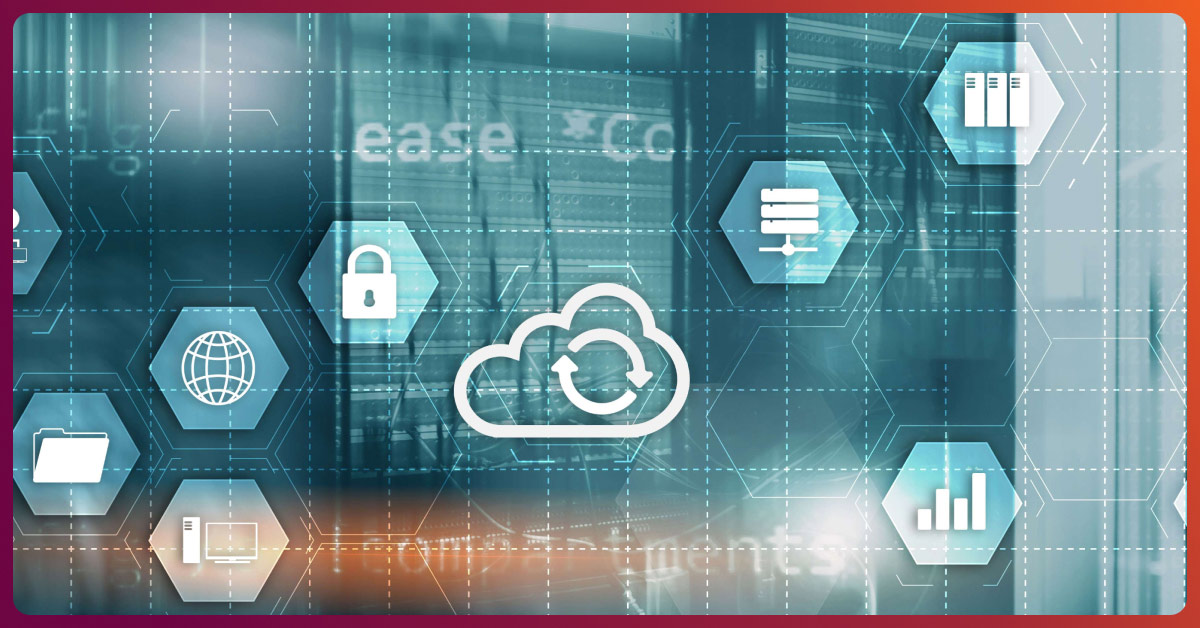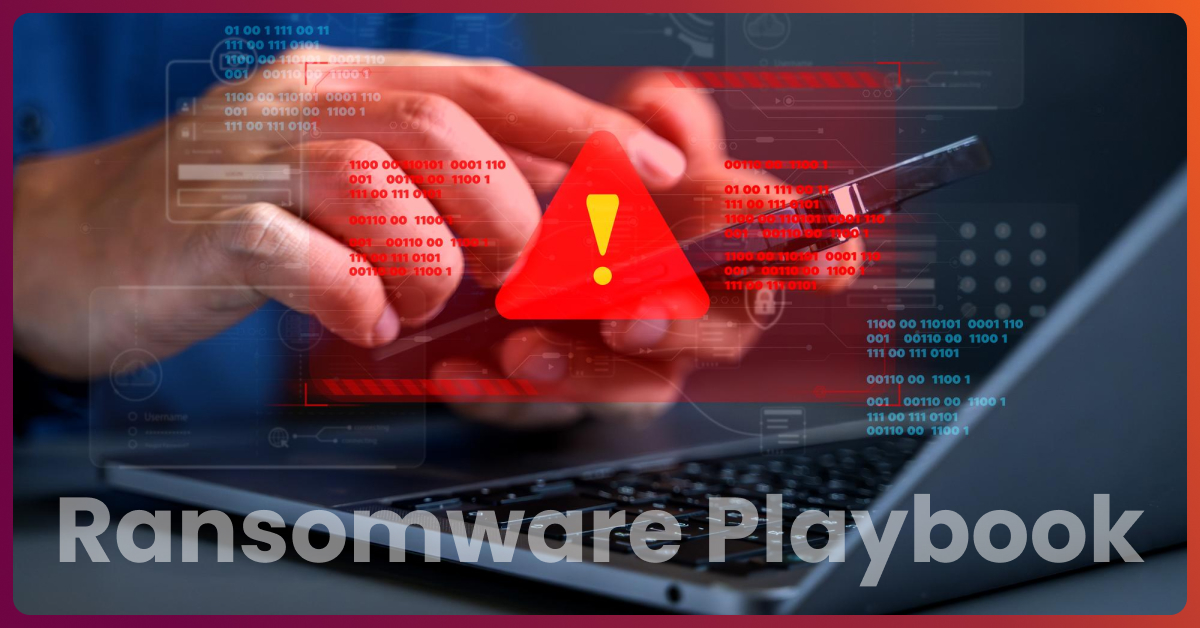Ensuring Data Privacy When Backing Up Data

Per a recent United Nations report, as many as 107 countries have put in place legislation to address privacy of data. A lot of this legislation has been modeled after the EU’s GDPR and has been brought into force over the last 3 years. There is a clear focus now at the highest level in most countries around protecting the rights of individuals and their privacy.
Data Security vs Privacy
People are sometimes confused by the terms – Data Security and Data Privacy, and there may be an implicit assumption that data that is secured is also private.
They however signify different concepts, and can sometimes even be at odds with each other.
Security can best be thought of as a form of defense. Privacy is more about control and the freedom to make decisions about what you want to reveal.
In general, data security is focused on protecting data from unauthorized access or malicious attacks whereas data privacy is more concerned with policies and enforcement around collecting, handling, processing, storage, sharing, and usage of the data.
Security can best be thought of a form of defense. Privacy is more about control and the freedom to make decisions about what you want to reveal.
Backup as a Data Security measure
Data security involves protecting data using methods and practices to ensure accurate data is available to authorized individuals at all times. One of the key methods that IT Pros and enterprises rely on is Data Backup. Data backup software is designed to create redundant copies of data for safekeeping. The redundant copies are usually stored on alternate storage (different from the primary copy), and as a best practice, in a location different from the primary copy. In today’s world, the cloud has become a popular secondary storage destination for backups.
Enterprise grade backup software can, in addition supply features like encryption to boost security by preventing such data from being decipherable to an unauthorized attacker, even if they were to gain access to the secondary storage target.
How to ensure Data Privacy while backing up
Data Privacy is more about protecting the rights of individual users. A complete data management and protection strategy should include thoughtful consideration of factors involving user privacy as well.
A few things to consider:
1. Do you need user consent?
When backing up data from user endpoints, it is possible the software will backup everything on their system – including personal information should it be present on their desktops/laptops. Most businesses typically consider all data on a business device as business data and back it up anyway. But if you company policy is sensitive to users and recommends that you take their consent before backups are performed – you may wish to consider doing so.
If you company policy is sensitive to users and recommends that you take their consent before backups are performed – you may wish to consider doing so.
2. Backup only what is required
When backing up data from endpoints, servers, or any SaaS applications, ensure that you backup only the required data. Look for backup solutions that allow you to specify what you wish to backup, or even more importantly – what you wish to exclude. You should also be able to pick (or exclude) based on file types. Implement backup policies that enable backing up only what is needed by the business.
3. Access Control
Once data is backed up, are you able to sufficiently insulate each user’s data? Each user should be able to restore his or her data independently without gaining access to anyone else’s information. Strong roles, permission settings, and data segregation and insulation are essential properties you should look for in the backup solution you pick.
4. Data immutability
Can you ensure that the backed-up data copies are not altered? Either maliciously or by accident? Maintaining an unalterable copy of data is called Immutability and it is an important characteristic of enterprise-class backup solutions. Users shouldn’t have direct access to the backup data and shouldn’t be able to alter the content of their backups – even if it is for their own data. Even an administrator shouldn’t be able to go and alter the data in the backups – except in very specific scenarios that should be duly audit-logged.
5. Who can recover data?
Does your business allow end-users to recover their own data? Or would they rather have the IT team do the data recoveries? There is no right answer. Some businesses favor centralized control and would rather the IT team handle all restores. Others, which are sensitive to end-user privacy may rather that administrators don’t gain any access to end user backups – and that users perform their own restores. Some may want a mix of both, with Administrators being kept off-limits only from data belonging to a few special CXO users. In any case, you need software with the flexibility to handle all these scenarios. Configurability of access to sensitive backed-up data for different sets of intended/approved users and administrators is important to ensure that the data does not fall into the wrong hands.
Configurability of access to sensitive backed-up data fordifferent sets of intended/approved users and administrators is important to ensure that the data does not fall into the wrong hands.
6. Secure Sharing
Most data privacy concerns arise because of unsafe sharing practices. Data security and privacy strategies for businesses are inefficient if sharing of data is not regulated. Sharing should be enforceable via policies, should require multi-factor authentication before access by the recipient, should have automatic self-destruction features, as well as IRM capabilities built-in. Backup solutions with a provision to go that extra mile and offer a secure built-in solution to enable secure sharing can go a long way to in ensuring data privacy.
7. Limit Administrator reach
What if you want IT teams in remote locations (or specific departments) to have control over their own backups. But you still want centralized control? Can you delegate the right set of privileges to your sub-administrators and limit their reach to cover only the users they control/manage? If you have a distributed organization where such delegation is important, there are a few sophisticated backup solutions that provide such privileges.
BluVault features that support Data Privacy
Here is a list (non-exhaustive) of the salient features in BluVault that help businesses sustain data privacy:
1. Industry-grade encryption with clear segregation of duties
BluVault, through a proprietary privacy gateway solution thoroughly encrypts and obfuscates all backup data before writing it to cloud or on-premise storage targets. This is coupled with a strict enforcement of Segregation of Duties to ensure that only the customer can control and change their encryption keys.
Businesses can thus rest assured of their data’s security and privacy – no matter where their data is stored.
2. Delegated Administration
BluVault offers the provision of creating administrative roles with limited permissions and assigning them to selected users to allow specific administrative operations. This enables businesses to ensure that the IT admins as well as users have access to only what they are intended to and nothing more.
Delegated Administration enables businesses to ensure that the IT admins as well as users have access to only what they are intended to and nothing more.
3. Highly secure sharing
BluVault also has a built-in feature that can be used to share data securely rather than rely on email or public file transfer services. Administrators and users can share files with security controls like passwords, multi-factor authentication, auto-expiring links , and IRM controls.
Learn how to enable highly secure sharing in BluVault.
4. Administrative deletion
GDPR and several new-age regulations support an end-user’s “Right to be Forgotten”. This means any individual can demand data erasure from a corporation, of information relating to themselves. Backups are a particularly thorny collection of data – from which it has been traditionally difficult to do selective deletion. Parablu’s Administrative delete function makes this simple by allowing an Administrator to selectively delete a user’s backups – even down to a single device, folder or even a file. This is an audit-logged operation and is also useful to recover from situations where a business may have unintentionally backed up personal user data.
5. Data recovery privileges
It is possible that data of users in sensitive roles need to be kept confidential – even from IT administrators. In such cases, Parablu allows policy settings which disallows Administrative downloads, restores, or deletions of such user data. Such data is accessible and recoverable only by end-users. If such a user leaves the organization, administrators can re-assign the device to an alternate user in that department who has the clearance to access their data. In case of an emergency, if an Administrator does need to re-set this parameter to recover data – such actions are audit-logged and can be reviewed if there is an investigation into such an action.
6. User consent
Data privacy in some organizations could extend to the level that end-users may need to explicitly consent to the fact that data is being backed up from their respective endpoints. Getting consent on the process of backing up data and making them aware that the backup administrators will have ready access to this data could be important. Parablu offers a consent mechanism that once enabled, will automatically ask for, and record consent from each end-user before initiating backups from their devices. This transparent treatment is a good data privacy practice and can be a healthy expression of an organization’s support for end-user privacy.
Having a data privacy centric approach while backing up and managing data can significantly decrease the risks and costs associated with privacy compliance. And, implementing that approach is just a right solution away. Our experts can help you develop a comprehensive security strategy through data backup with data privacy built-in. Get in touch with us to learn more!




